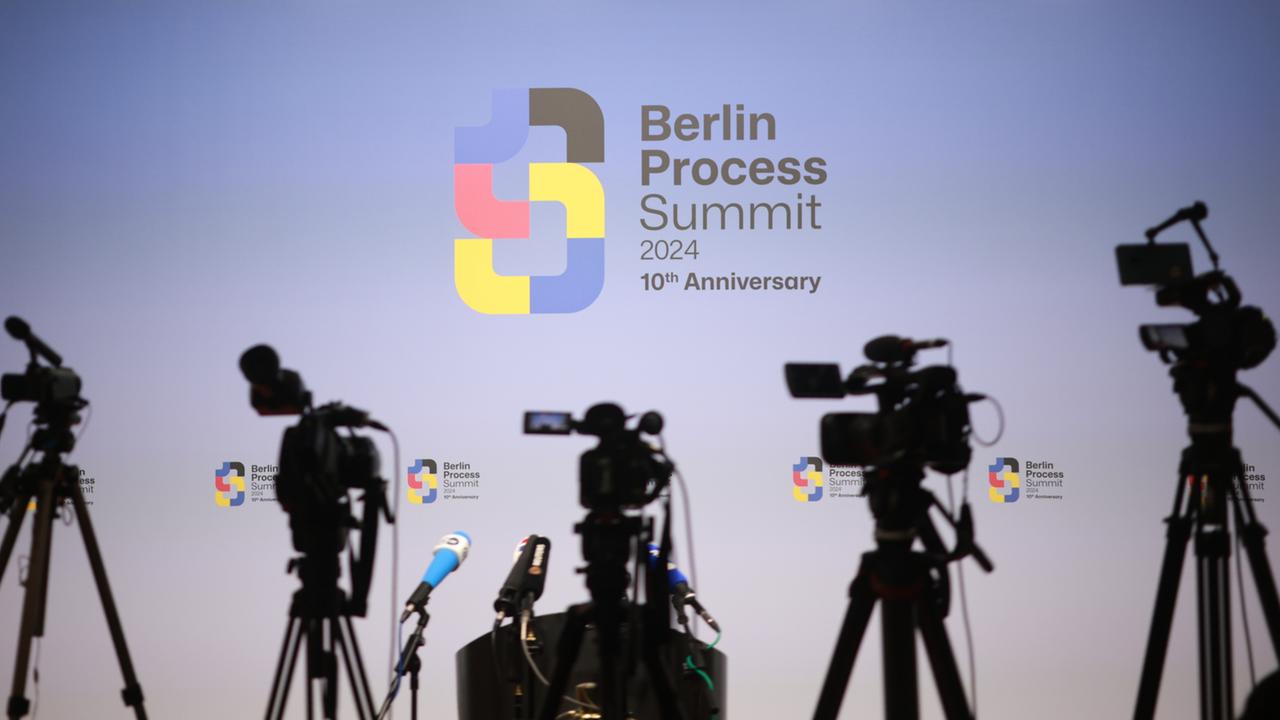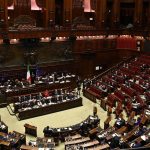Chancellor Scholz welcomes EU representatives and heads of state and government from the six Western Balkan states to the summit. As part of the “Berlin Process” they should be supported on their way to the EU.
In Berlin today it's about the Western Balkans. Chancellor Olaf Scholz welcomes numerous heads of state and government and EU Commission President von der Leyen to the summit. The “Berlin Process” was launched by Germany ten years ago and is intended to support the Western Balkan states on their way to the European Union.
Even if it is an anniversary summit, no one really feels like celebrating. The “Berlin Process” was actually intended to ensure more stability in the Western Balkans and bring the countries closer to the EU. But even after ten years, those involved in the process have not made any real progress on key points.
There is a need to catch up on both sides
Simmering conflicts – like those between Serbia and Kosovo, for example – keep breaking out. The EU is concerned that nationalism is on the rise again and China and Russia are expanding their influence in the region. More reforms and a clear commitment to European values are required.
In Albania, Bosnia-Herzegovina, Kosovo, Montenegro, North Macedonia and Serbia, on the other hand, some people are wondering whether the “Berlin Process” is perhaps just a consolation because nothing will come of joining the EU anyway.
Baerbock sees a historic opportunity
Frustration that German Foreign Minister Annalena Baerbock can understand. “It has been over 20 years since the EU made a promise to the Western Balkan states in Thessaloniki: the door to the EU is open to you if you meet the requirements. And today we have to admit that these hopes have not been fulfilled.”
But for the German Foreign Minister this is no reason to give up. On the contrary. She sees a historic opportunity right now. This “window of opportunity” was opened by, of all people, the Russian President. With his attack on Ukraine.
Economic Cooperation should be deepened
Baerbock explained at the “Berlin Process” meeting of foreign ministers that the EU member states agreed that there should be no gray areas in security policy in Europe. The Western Balkan states were part of Europe. Their accession for this reason alone: a “geopolitical necessity.”
The German Foreign Minister warned that it is therefore all the more important to take a decisive step forward now. At the anniversary summit, the way for the Cefta free trade agreement should finally be cleared and a new action plan for a common regional market should be signed.
Differences make implementation difficult
“It is clear to everyone that this CEFTA regional free trade agreement not only means greater economic integration and a common regional market, but that people and companies can specifically benefit from it,” said Baerbock.
Creating a common regional market is one of the most important projects of this format. However, as with many other initiatives, there are problems with implementation. Also because Serbia does not recognize Kosovo as a state and has now started an alternative project – together with Albania and North Macedonia.
Youth exchange organization as Showcase project
At the foreign ministers' meeting a good two weeks ago, the blockade in the Cefta negotiations had not yet been resolved. But now we have made an important step forward, said Foreign Office spokesman Christian Wagner.
“We will now of course do everything we can to ensure that this summit is a good summit, a successful summit.” One where positive things should of course also be discussed. The regional youth exchange organization, which promotes reconciliation in the Western Balkans, is considered a flagship project.
Practical benefit for the people in the region
Projects will also play a role from which people in the region will benefit in practical terms: from the gradual abolition of roaming fees. Or about mutual recognition of professional qualifications, which should now also be followed by the recognition of university qualifications.
It is already clear that the “Berlin Process” will continue. It remains to be seen whether and when the format can be celebrated as a success. This will largely depend on whether what has been agreed is actually implemented and promises are kept.





